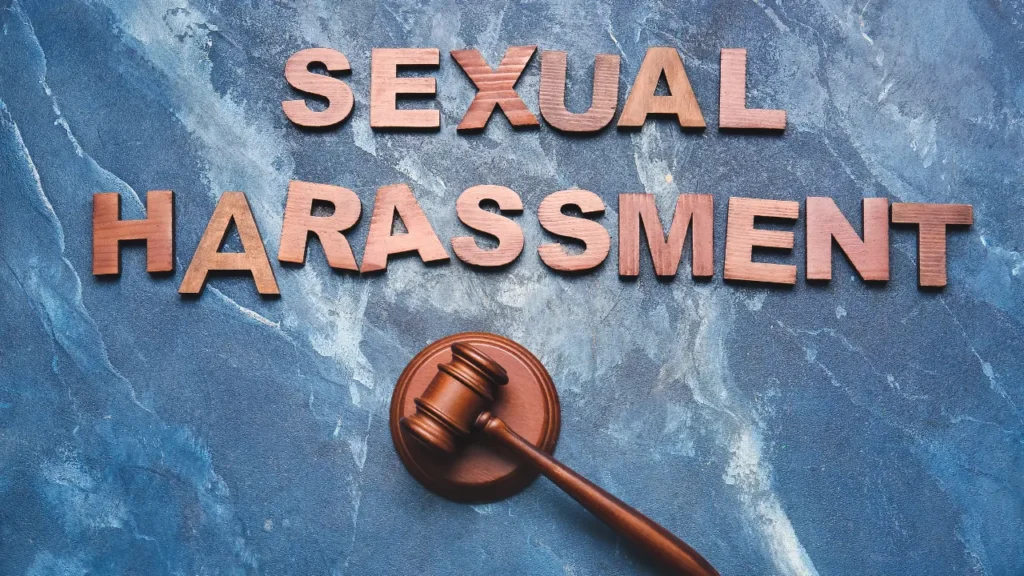Table of Contents
ToggleWhat is employer misconduct?
Employer misconduct refers to unethical or illegal actions committed by an employer in the workplace. This can include discrimination, harassment, retaliation, wage theft, unsafe working conditions, and violation of labor laws. Employer misconduct can negatively impact the rights, well-being, and morale of employees, and can also result in legal consequences for the employer. It is important for employees to be aware of their rights and to report any incidents of misconduct to the appropriate authorities. Additionally, employers should prioritize creating a respectful and fair work environment and following all applicable laws and regulations to prevent misconduct from occurring.
Some types and examples of employer misconduct:
Employer misconduct encompasses a wide range of unethical and illegal actions that can occur in the workplace. Some common types of employer misconduct include:
- Discrimination: This involves treating an employee differently based on protected characteristics such as race, gender, age, or disability. For example, denying an employee a promotion because of their race, or paying a female employee less than a male colleague for the same job.
- Harassment: This involves creating a hostile or intimidating work environment through behavior such as sexual harassment, racial slurs, or bullying. For example, an employee who is repeatedly subjected to unwanted sexual advances from a manager, or who is frequently subjected to racial slurs by co-workers.
- Retaliation: This involves taking adverse action against an employee for reporting misconduct or for exercising their rights. For example, an employer who demotes or terminates an employee who has reported harassment in the workplace.
- Wage Theft: This involves an employer failing to pay employees the full amount of wages they have earned, such as not paying overtime or minimum wage, or misclassifying employees as independent contractors to avoid paying certain benefits.
- Unsafe Working Conditions: This involves employers failing to provide a safe working environment, such as not providing proper safety equipment or failing to train employees on safety procedures. For example, an employer who does not provide hard hats to construction workers or does not train employees on how to properly handle hazardous chemicals.
- Labor Law Violations: This involves an employer violating federal or state labor laws, such as failing to provide meal and rest breaks, failing to pay employees for all hours worked, or failing to keep accurate records of employee hours and wages.
It is important for employees to be aware of their rights and to report any incidents of misconduct to the appropriate authorities. Additionally, employers should prioritize creating a respectful and fair work environment and following all applicable laws and regulations to prevent misconduct from occurring.
What you should do after Employer misconduct?
If you are the victim of employer misconduct, there are several steps you can take:
- Document the Incident: Keep records of the misconduct, including dates, times, and the names of any witnesses.
- Report the Incident: Report the misconduct to your supervisors, the human resources departments, or the appropriate authority, such as the Equal Employment Opportunity Commission (EEOC) or the Department of Labor (DOL).
- File a Complaint: Depending on the type of misconduct, you may be able to file a complaint with a government agency, such as the EEOC, DOL, or the Occupational Safety and Health Administration (OSHA).
- Seek Legal Assistance: Consider seeking the help of a lawyer who specializes in employment law to determine your rights and options for pursuing a legal remedy.
It is important to note that retaliation against an employee for reporting misconduct is illegal. If you believe you have been subjected to retaliation, you should report it immediately.
It’s also important to remember that reporting misconduct and taking legal action can be a complex process, and it’s always a good idea to seek the advice of a professional.
When to contact an attorney?
It is a good idea to contact an attorney if you believe you have been the victim of employer misconduct, particularly in the following circumstances
- If you have suffered significant harm as a result of the misconduct, such as a loss of wages or job, or if you have suffered physical or emotional harm.
- If you have been subjected to retaliation for reporting misconduct or for exercising your rights.
- If you are uncertain about your rights or the steps you need to take in response to the misconduct.
- If you are considering filing a complaint or a lawsuit against your employer.
An employment law attorney can advise you on your rights and help you determine the best course of action in your particular circumstances. They can also assist with the process of filing a complaint or lawsuit and representing you in court, if necessary.
It’s important to remember that every case is unique and that the best course of action will depend on the specific circumstances of your situation. An attorney can provide you with personalized advice and guidance to help you protect your rights and seek appropriate remedies.
In conclusion, if you are in employer misconduct, it is crucial to seek legal support promptly. An experienced attorney can provide you with the guidance and representation you need to protect your rights and seek compensation and remedies. Jonny Law is a highly skilled and dedicated attorney with a proven track record in employer misconduct law. If you are in need of effective and compassionate legal support, Jonny Law is the right choice for you. Don’t hesitate to reach out to him for a consultation to discuss your situation and explore your options.
















